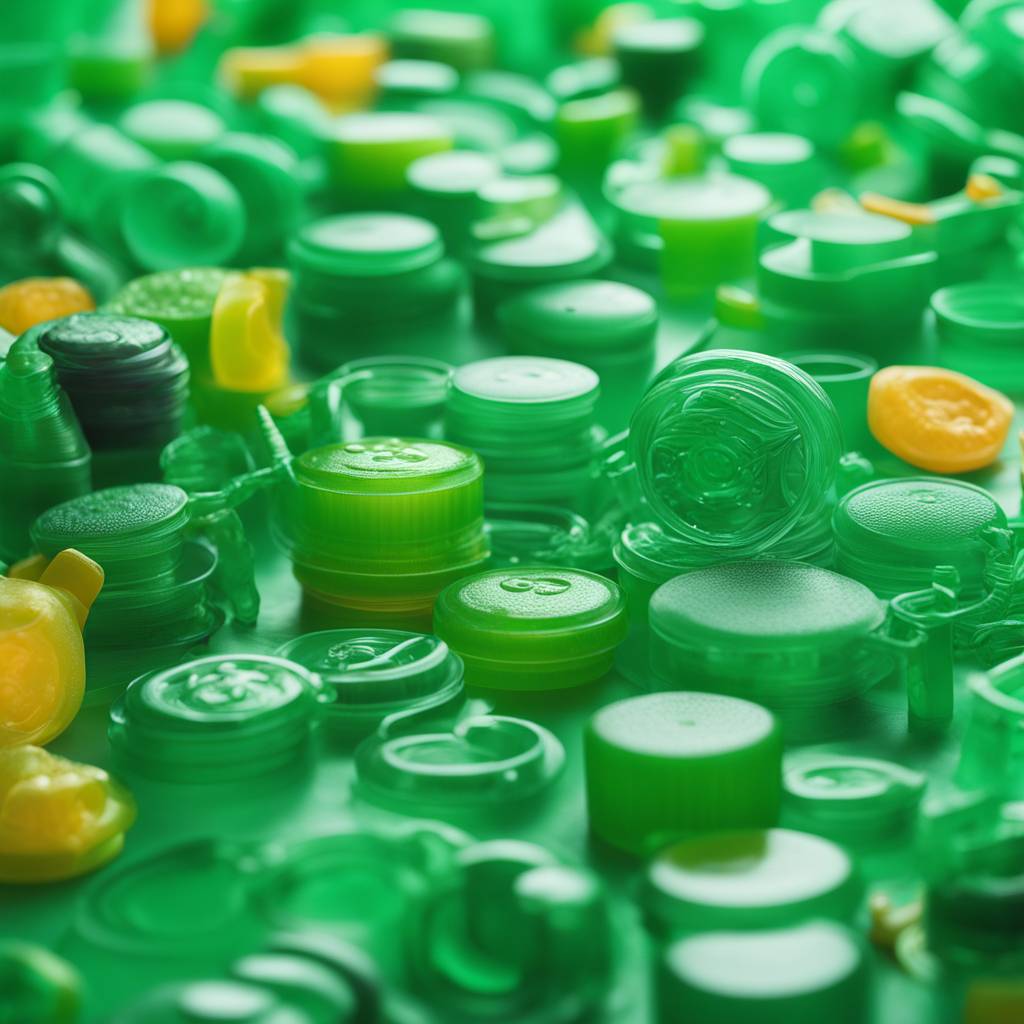Engineered bacteria have been developed by Kobe University bioengineers and Kaneka Corporation researchers to produce a plastic modifier called LAHB, which can enhance the properties of polylactic acid, a renewable plastic. These modified plastics are more processable, fracture resistant, and biodegradable, even in seawater. The production of this material on an industrial scale holds the potential to make the plastic industry more sustainable and eco-friendly.
Plastic is a ubiquitous material in modern society, but it also poses significant environmental challenges due to its persistence in nature and reliance on non-renewable resources like crude oil. Researchers have been exploring alternatives to conventional plastics, with polylactic acid showing promise as a renewable option. However, polylactic acid has limitations such as brittleness and poor degradation properties, which spurred the development of LAHB as a complementary bioplastic.
Through genetic engineering, the Kobe University team was able to create a strain of bacteria capable of producing high amounts of LAHB using glucose as a feedstock. By modifying the organism’s genome, they were able to control the length of the LAHB chains, resulting in ultra-high molecular weight LAHB. The addition of this modified LAHB to polylactic acid led to the creation of a highly transparent, moldable, and shock-resistant plastic that biodegrades rapidly in seawater, addressing multiple issues associated with conventional plastics.
The researchers view this achievement as a significant step towards developing environmentally sustainable bioplastics that combine physical robustness with biodegradability. By blending polylactic acid with LAHB, they have created a material that meets the conflicting demands of durability and environmental impact. This approach represents a potential solution to the challenges posed by traditional plastics and demonstrates the potential of bioplastic technology in creating more eco-friendly plastic materials.
Looking ahead, the bioengineers at Kobe University envision using the bacteria strain capable of utilizing CO2 as a raw material to synthesize plastics directly from greenhouse gases. This innovative approach could lead to the development of plastics that are not only renewable but also reduce carbon emissions and environmental impact. Their goal is to establish a biomanufacturing technology that integrates microbial production with material development, paving the way for more sustainable plastic production practices.
The research project was supported by grants from various organizations in Japan, including the New Energy and Industrial Technology Development Organization, the Ministry of Education, Culture, Sports, Science and Technology, and the Japan Science and Technology Agency. Collaborations with Kaneka Corporation and the National Institute of Advanced Industrial Science and Technology were instrumental in the successful development of the engineered bacteria and the production of LAHB for enhanced plastics. This interdisciplinary effort highlights the importance of collaboration and innovation in addressing environmental challenges and advancing sustainable technologies in the plastics industry.


